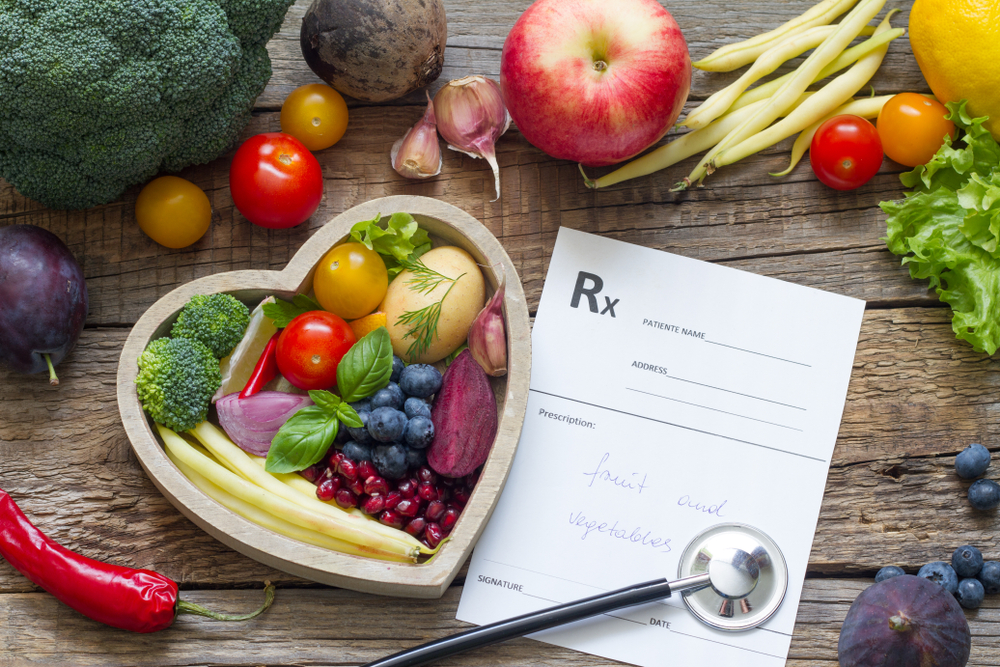Food As Medicine (FAM) programs seek to improve health and/or treat disease or illness by influencing dietary behaviors. They are rooted in the understanding that the food we put into our bodies influences our well-being.
There are several FAM program models; this brief focuses on produce prescription programs, also known as FreshRX programs, where patients are given a referral or “prescription” that can be used to purchase produce or other healthy food items. Successful produce prescription programs tend to engage partners in various sectors such as health care, community, farmers, and food retail (e.g., farmers market, grocery store).
Produce prescription programs have been shown to positively impact routine or preventative health behavior,1 diet quality, 2 and health outcomes (e.g., decreased HBA1c and BMI).3 Furthermore, patients engaged in preventative behaviors may reduce costs for our health care system. Additionally, produce prescription program recipients have perceived an improvement in food security and access.4
This brief outlines policy and regulatory opportunities to support produce prescription programs for Michigan’s Medicaid and Medicare recipients.





